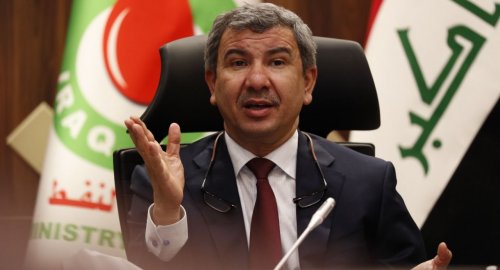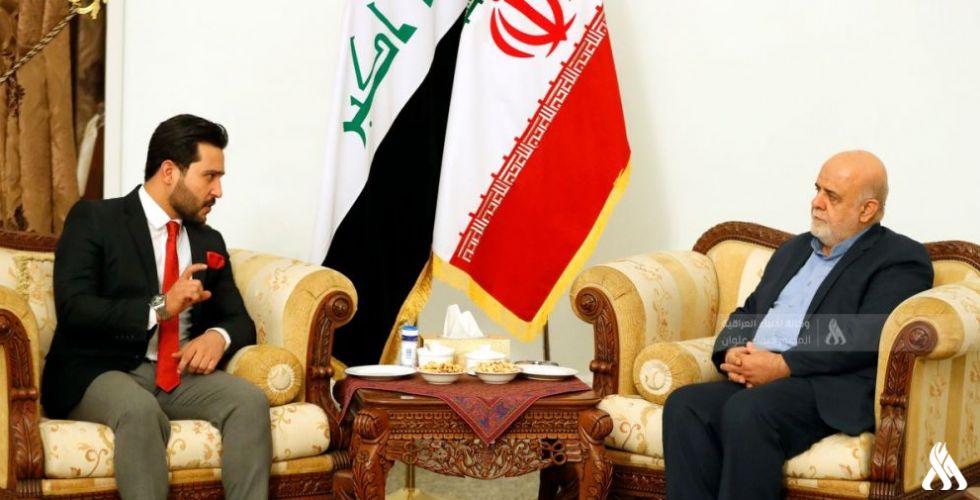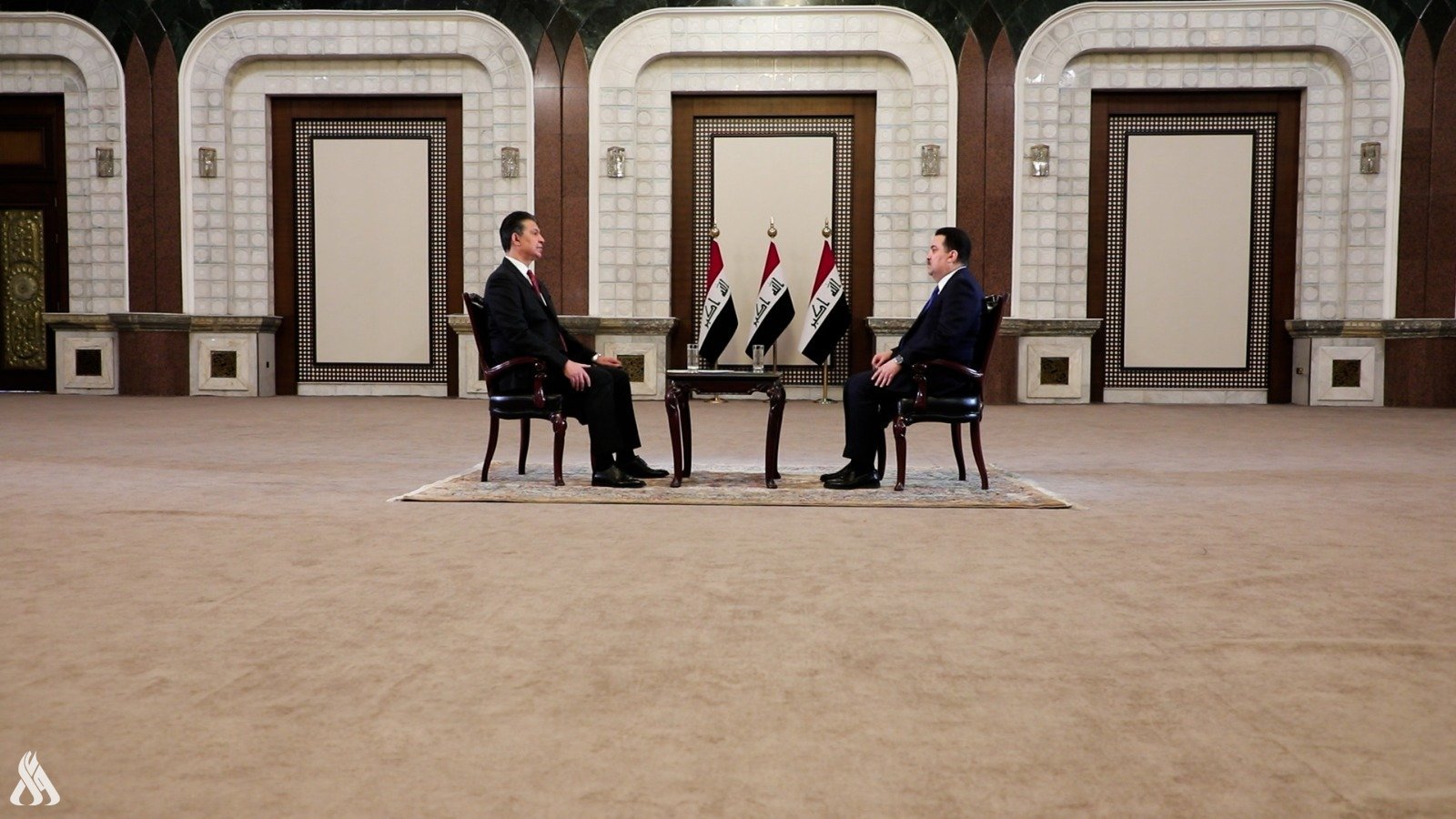
Iraq's exports will not be affected by reducing production, says Oil Minister

- 5-10-2022, 21:23
INA – BAGHDAD
Oil Minister Ihsan Abdul-Jabbar Ismail asserted on Wednesday, that Iraq's exports will not be affected by the OPEC + decision to reduce production.
Iraq joined the Joint Ministerial Monitoring Committee meeting 45th, and the thirty-third ministerial meeting of OPEC + held at the headquarters of the General Secretariat of the Organization of Petroleum Exporting Countries – OPEC in Vienna, Austria.
"The ministerial meeting discussed the developments and challenges facing the oil market, and the implications of that, especially after the recent decline in oil prices and the instability of oil markets," said Ismail in a statement received by the Iraqi News Agency – INA.
The Minister of Oil stressed the keenness of the producing countries in OPEC and its allies from outside the organization to achieve more stability and balance between supply and demand.
Ismail pointed out that the ministerial meeting seeks and aims to achieve more stability in the long run. In addition to that, he noted that the gains achieved by the OPEC + in reaching and maintaining stability and balance for the oil markets was positively reflected on the economies of the producing countries, including Iraq.
He highlighted, saying “the decision to reduce production was in line with the wise policy pursued by OPEC + during the past years, which is ‘proactive’ in precautionary measures to confront the fluctuations of the oil market.”
OPEC+ ministerial meeting decided to reduce the total production by two million barrels per day, with the contribution of all producing countries, and according to the production levels required for each, as of next November 2022.
“The decision aims to protect the oil markets from the negative effects as a result of the conditions and challenges facing global markets," said Ismail, noting that "Iraq aims to maintain its reference production level that was set by the agreement of the member states in July 2021."
Iraq’s Oil Minister included in his statement, that “Iraq’s exports will not be affected by this reduction, as a result of managing internal consumption and in line with the decision to reduce production, in order to preserve the current export capabilities,” expressing his hope that “this decision will return with more stability and balance to global oil markets, and to National the economy."
Christmas Mass atmospheres in Baghdad, Iraq
- Local
- 09:46
PM Al-Sudani participates in the Christmas Eve Mass
- politics
- 09:14
'Iron Man’ suit for paralyzed patients to walk and climb stairs
- Multimedia
- 09:07
US Central Command: We killed ISIS terrorist leader Abu Yusuf in Syria
- International
- 24/12/20
Liverpool compete with Real Madrid to sign Olympique Lyonnais star
- Security
- 24/12/19
The discovery of Pre-Christian human settlement sites in Iraq
- Investigations and reports
- 24/12/18












